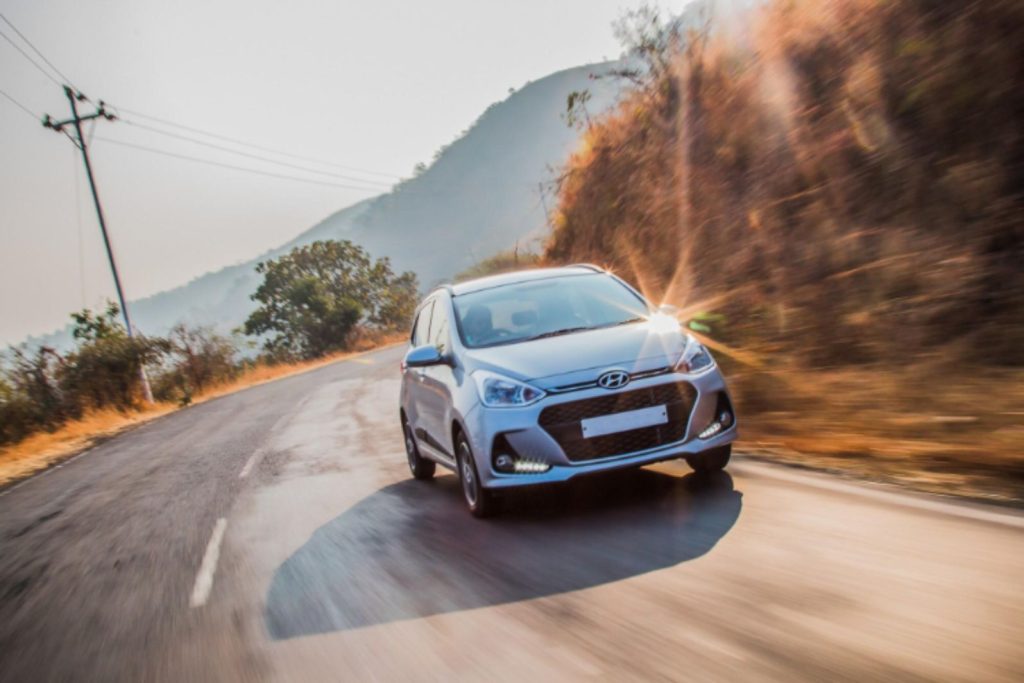If you’re wondering how does car insurance work in India, this blog is for you.
Car insurance policy is a necessity for every car owner in India. Not only does it protect you financially in case of an accident but is also compulsory by Indian law. If you are new to car insurance or want to understand how it works in India, we are here to educate you. In this blog, we at Chola MS car insurance explain the basics of a car insurance policy in India such as:
- Third-party liability insurance
- Own damage insurance
Read on to understand how they work so you can choose the right policy for your needs confidently.
How does car insurance work in India?
When you buy a car insurance policy, you and your insurance provider enter into a contract with one other. You pay a premium amount to the insurer, who in return agrees to provide coverage for your car or vehicle as given in the policy. This coverage can have two components: third-party liability insurance and own damage insurance.
Third-party liability insurance: Third-party liability insurance is compulsory in India. It covers the damages or injuries caused by your vehicle or car to another person or property. In case you meet with an accident where you are held liable for the damages, your insurance provider will compensate the affected third party as per the policy terms and limits.
Own damage insurance: Own damage insurance, on the other hand, is optional but a highly recommended car insurance policy. This type of policy covers the damages to your own car from accidents, natural calamities, theft, fire or other covered problems. The premium for own damage insurance is based on the Insured Declared Value (IDV) of your car. IDV is the maximum amount the insurance company will pay in case of a total loss.
There are few steps involved to get started with a car insurance policy, such as:
- Choose type of coverage
- Compare insurers and plans
- Provide documentation for policy application
- Pay & secure valid car insurance policy
The Steps explained:
To begin, first choose the type of coverage you’re looking for. This can be either just the mandatory third-party liability insurance or a more comprehensive policy that includes both third-party liability and own damage coverage.
Once you decide on the type of coverage, you can approach insurance companies or use online aggregators to compare quotes from multiple insurers. Consider factors such as the premium, coverage limits, additional benefits and claim settlement ratio while making your decision.
Once selecting an insurer is sorted, next, you need to provide them with the needed documents and complete the application process. This typically includes submitting your vehicle registration details, previous insurance policy details (if any), and other personal information.
After your application is approved, you will receive the car insurance policy document. It is essential to go through the policy document thoroughly to understand the coverage, terms, conditions and exclusions. It’s also in good practice to get your doubts clarified from the insurance company on your car insurance policy.
Your car is now insured and you are safeguarded from financial stress however, make sure to pay the premium annually to keep the car insurance policy active. Failing to renew the policy before the due date can result in a lapse of coverage and may require fresh inspection and documentation for reinstatement.
In case you meet with an accident and need to make a claim, make sure you inform the insurance company immediately. Most insurance providers have a toll-free helpline or an online platform for registering claims. You will need to provide details of the incident, supporting documents and follow the claim settlement process as specified by the insurer. Now that you know the answer to “How does car insurance work”, keep in mind that getting a car insurance policy is not a ticket to reckless driving. In the end, it is your responsibility as a car owner to drive safely and maintain a clean driving record. Any negligent driving behavior can lead to the rejection of your insurance claim or even the cancellation of your policy. Safe driving!

